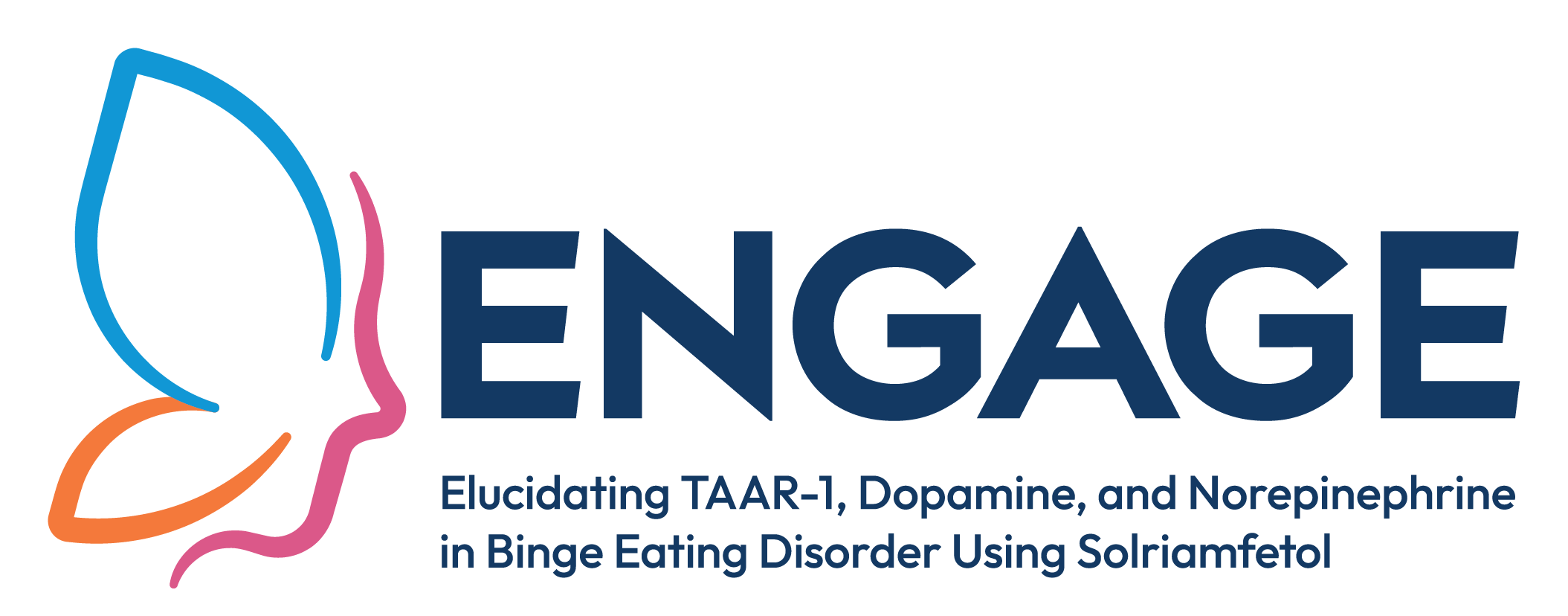Click the button below to fill out a brief 7 question form to see if you may be eligible for the ENGAGE study.
By filling out this form, you are under no obligation to participate in the study. Your information will be forwarded to the study site closest to you where a member of the staff will reach out via phone, email, or text to collect more information.
Click to take a brief 7-question self-assessment to determine study eligibility







